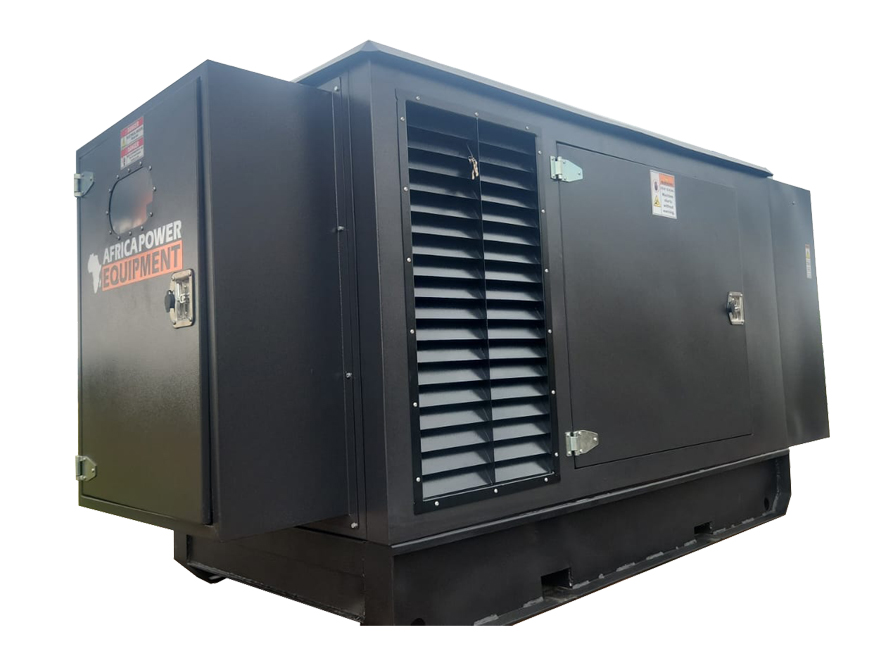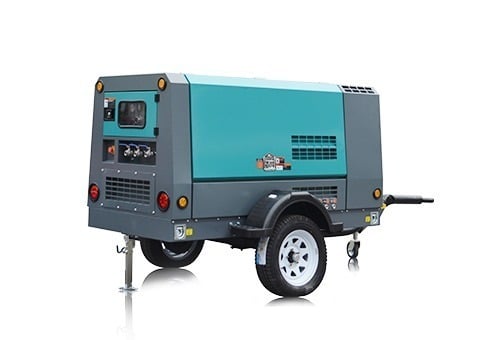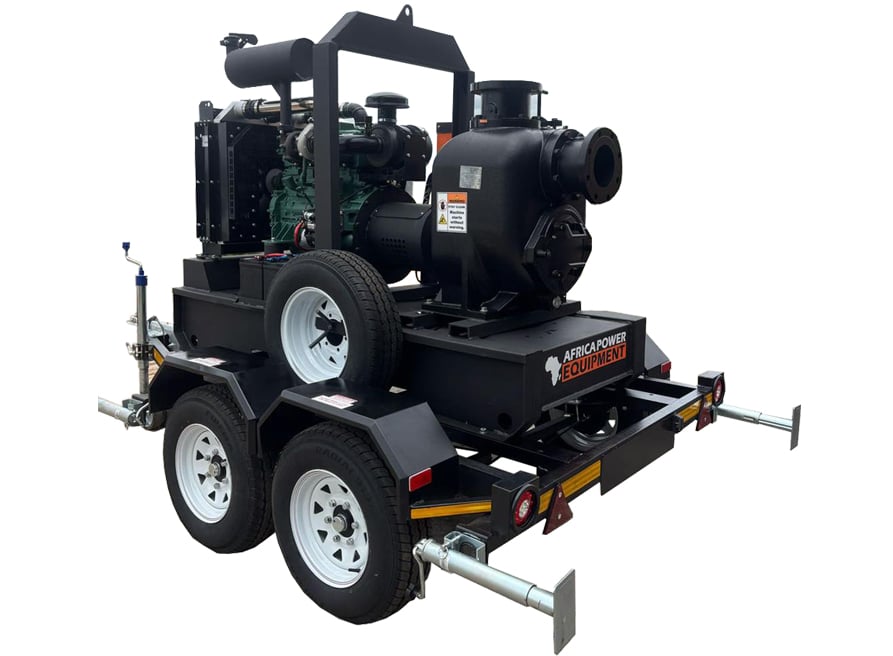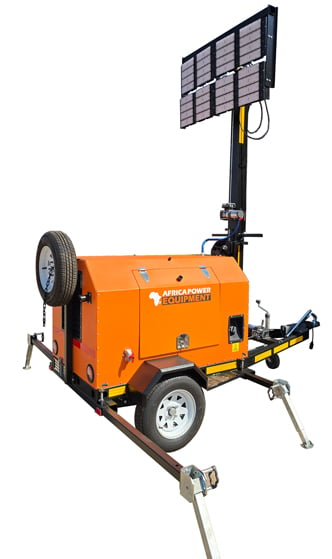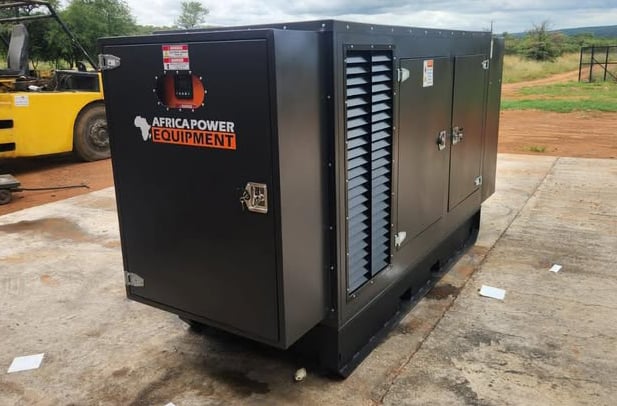What Size Generator Do I Need for My House?
When it comes to buying a generator for your home, size truly matters — not just in physical dimensions, but in the amount of power (measured in watts) it can provide. Choosing the right size generator ensures your appliances run safely and efficiently during power outages, without damaging equipment or overloading the unit.
Quick Answer:
To determine what size generator you need for your house, calculate the total wattage of all essential appliances you want to power during an outage. Most homes can be covered by a 5,000 to 7,500-watt generator for essentials like lights, refrigerator, TV, and small appliances. For whole-house backup, a 10,000+ watt standby generator may be required.
Why Generator Sizing Matters
Choosing a generator that’s too small can result in:
- Power overloads
- Damaged appliances
- Frequent generator shutdowns
A generator that’s too large may:
- Waste fuel
- Increase operational costs
- Be unnecessarily expensive upfront
Step-by-Step: How to Calculate Your Generator Size Needs
1. List Your Essential Appliances
Think about which devices you’ll need during an outage:
- Refrigerator: 600–800 watts
- Lights: 60–300 watts total
- Microwave: 800–1,200 watts
- Television: 100–300 watts
- Phone/Device Chargers: 10–50 watts
- Water pump (if applicable): 1,000+ watts
- Air conditioner: 1,500–3,500 watts
2. Add Up the Total Running Watts
Calculate the total running watts (continuous power required). This will give you the base wattage requirement.
3. Account for Starting Watts
Many appliances require extra power to start. For instance:
- Refrigerator may need 1,200 watts to start
- Air conditioners can require 2–3x their running wattage
4. Choose a Generator Based on the Highest Combined Load
If your total running load is 5,000 watts and starting watts are an additional 2,000, look for a generator rated at 7,000+ watts.
Generator Size Recommendations
Basic essentials (fridge, lights): 3,000–5,000 watts
Most household needs: 5,000–7,500 watts
Whole-house backup: (incl. AC) 10,000+ watts
Portable vs Standby Generators: What’s Right for You?
Portable Generator
- Easy to move
- Good for short outages
- Powers selected circuits or appliances
Standby Generator
- Automatically turns on during outages
- Powers the entire house
- Best for areas with frequent, long outages
Fuel Type Considerations
Fuel Type Pros & Cons
Petrol – Widely available, affordable units, short shelf life, less efficient
Diesel – Efficient, long lifespan, noisier, higher upfront cost
LPG (Gas) – Clean burning, low maintenance, requires separate gas storage
Tips for First-Time Generator Buyers
- Buy slightly bigger than you think you need to avoid overloading
- Get a transfer switch for safe home circuit integration
- Use surge protectors with sensitive electronics
- Maintain the generator regularly to ensure performance
Common Mistakes to Avoid
- Ignoring starting watt requirements
- Underestimating total load
- Choosing the wrong fuel type
- Not considering future power needs (e.g., adding more appliances later)
Frequently Asked Questions
Can I run my whole house on a portable generator?
Only if your total power needs are under 7,500 watts. Otherwise, you’ll need a standby unit.
How long can a generator run continuously?
Most portable generators can run 8–12 hours on a full tank. Standby generators can run indefinitely if connected to a gas line.
Do generators damage appliances?
Only if they are overloaded or not equipped with voltage regulators. Always use a surge protector.
Related Articles
Conclusion
Choosing the right size generator for your home depends on your specific power needs. A 5,000 to 7,500-watt generator will suit most households looking to power essential appliances. For larger homes or full coverage, a 10,000-watt standby generator may be more appropriate.
Need help choosing the right generator?
Browse our full range of residential and commercial generators at Africa Power Equipment. Our team is here to guide you to the perfect solution.

